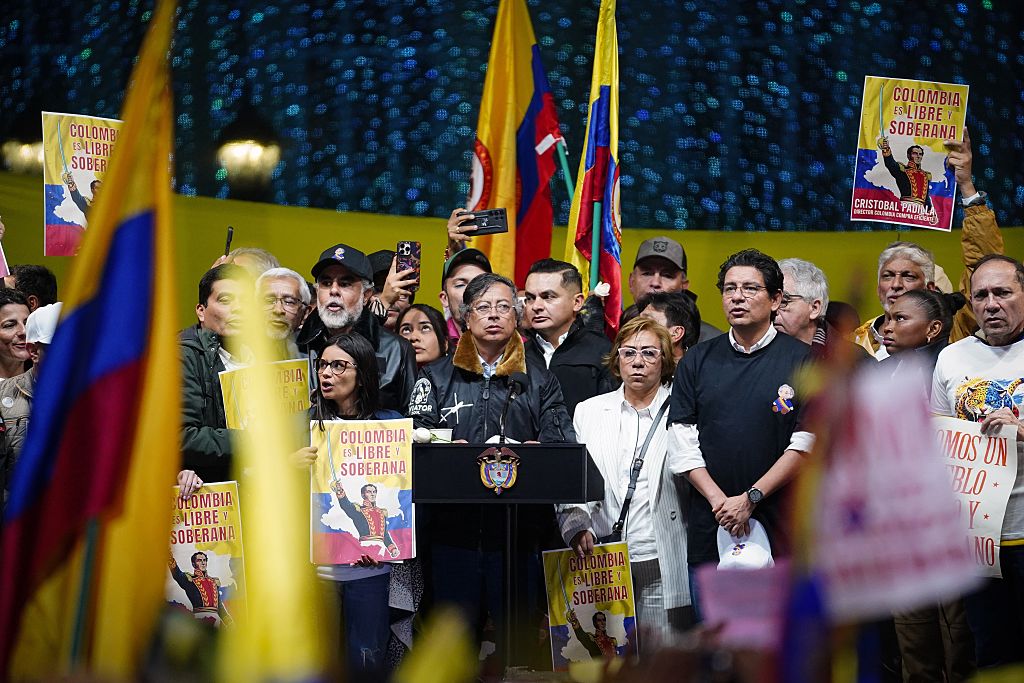America Must Take Brazil Seriously
America Must Take Brazil Seriously
The United States must move beyond the vague notions of partnership that traditionally frame its thinking regarding Brazil, writes COA's Eric Farnsworth in The National Interest.
Brazil is on the move. Its economic strength over the past decade has provided the primary means for it to develop long-standing ambitions for a larger global-leadership stake—a path that U.S. policy makers have encouraged for many years, presuming that a stronger, democratic Brazil more actively engaged globally would be a natural ally for the United States. In so doing, however, it has pursued a foreign policy independent of Washington, leading at times to misunderstandings and dashed hopes. This was in evidence even before the revelations of National Security Agency contractor Edward Snowden in 2013 temporarily froze bilateral relations. Over the past two years, growth has slowed in Brazil and in other nations with which Brazil maintains significant economic links, while the U.S. economy has been on a long march to recovery. With the late 2014 reelection of President Dilma Rousseff on a platform focused on addressing the unmet economic expectations of a rising middle class, a framework now exists to improve relations between the two countries when Rousseff travels to Washington at the end of June. Still, getting relations back on track will require a more realistic understanding of Brazil’s aspirations and worldview. The United States must move beyond the vague notions of partnership and romantic assumptions of shared interests that traditionally frame its thinking.
Since it gained its independence from Portugal in 1822, Brazil has considered itself a natural claimant to at least a slice of global leadership, along with other continent-sized nations and large democracies...
Read the full article, originally published in The National Interest.









